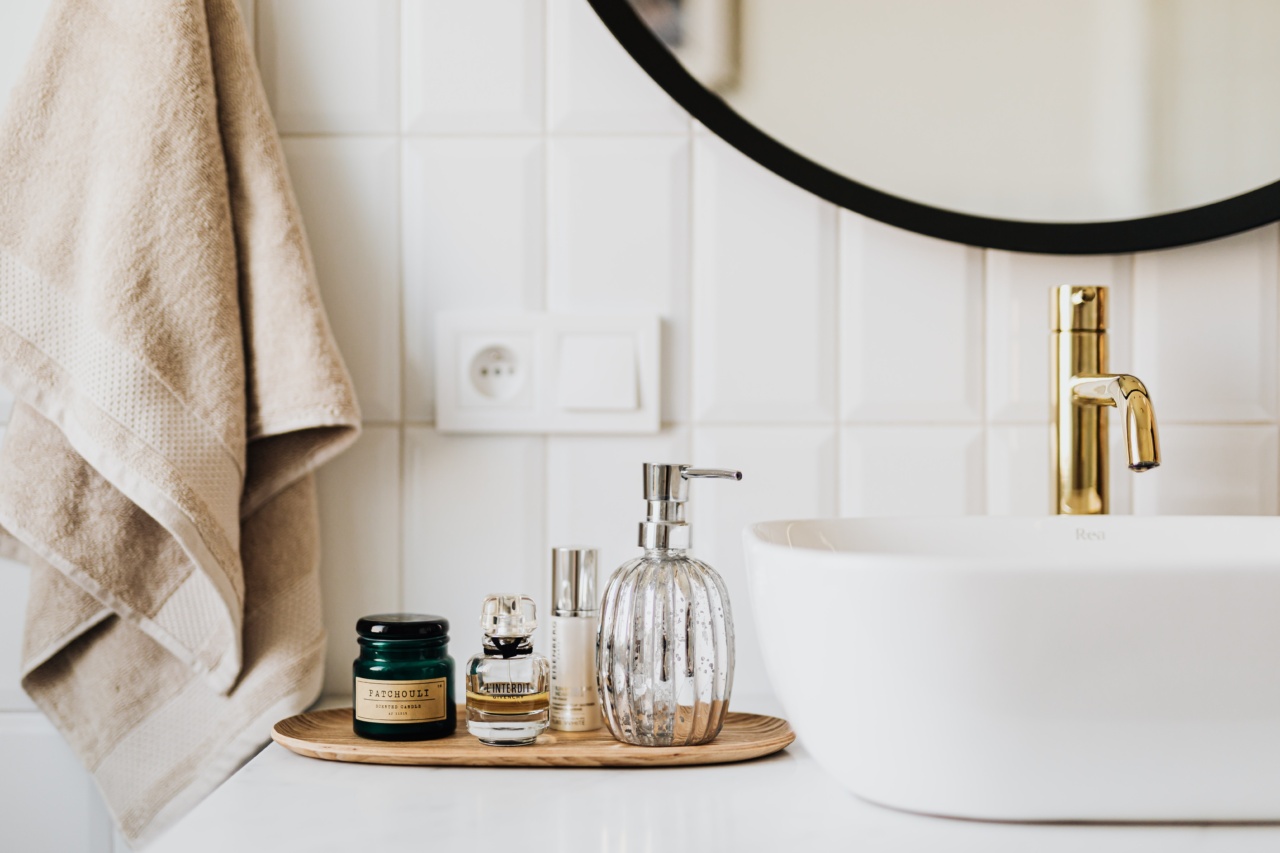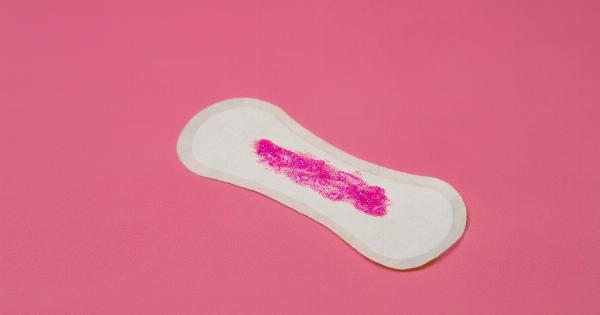Hypertension, or high blood pressure, is a common condition that affects millions of people worldwide. It is a serious health issue that can lead to heart disease, stroke, kidney failure, and other complications.
While there are medications available to manage high blood pressure, it is also important to make lifestyle changes to help lower your blood pressure naturally. Here are some daily routines to adopt in order to keep your blood pressure in check.
Exercise Regularly
Getting regular physical activity is key in controlling hypertension. Aim for at least 30 minutes of moderate-intensity exercise such as brisk walking, cycling or swimming, on most days of the week.
You can break this up into shorter sessions, five times a day if needed. Regular exercise helps keep your heart healthy and blood vessels healthy, as well as promote weight loss – all of which help bring blood pressure down.
Stay Hydrated
Drinking plenty of fluids, especially water, can help regulate blood pressure. Dehydration can cause blood vessels to narrow and increase blood pressure.
Aim for at least 8 glasses of water a day, and remember to increase your intake in hot weather or if you are doing strenuous activities. This not only helps regulate blood pressure but also has numerous other health benefits such as keeping your skin healthy, aiding in digestion and preventing constipation.
Reduce Sodium Intake
Excessive salt (sodium chloride) intake can cause blood pressure to spike. Therefore, it is important to reduce your salt intake. That means avoiding processed and packaged foods, which often contain high levels of sodium.
Opt for fresh foods instead, which are less likely to be high in sodium. You can also flavour your foods with herbs and spices instead of salt.
Manage Stress
Stress can cause blood pressure to rise, so it’s important to find ways to manage your stress levels. This could be anything from listening to music to reading a book, to practicing deep breathing or relaxation exercises.
A massage or spa treatment is also a great way to de-stress and relax. Additionally, make sure you get enough sleep as lack of sleep can increase stress on the body.
Eat a Healthy Balanced Diet
Eating a healthy well-rounded diet is essential for reducing hypertension. Consume foods such as whole grains, vegetables, fruits, lean protein, nuts, and seeds.
Avoid saturated fats, trans fats, and cholesterol-laden foods, such as fried foods, processed meats, and full-fat dairy products. A diet rich in fruits, vegetables and whole grains has many other benefits and can also help you lose weight.
Avoid Alcohol and Smoking
Drinking alcohol in moderation can have some benefits for heart health, but if you have high blood pressure, excessive alcohol intake can raise your blood pressure dramatically.
Smoking, on the other hand, immediately increases your blood pressure and also damages blood vessels, so it’s best to quit smoking. If you do drink alcohol, do so in moderation and limit yourself to no more than two drinks per day.
Monitor Your Blood Pressure Regularly
Even if you’re making lifestyle changes to reduce your blood pressure, it’s important to monitor it regularly. High blood pressure often has no symptoms, so the only way to keep track of your blood pressure is to measure it regularly.
You can purchase a blood pressure monitor or visit your doctor regularly to have it checked, especially if you have a history of high blood pressure.
Make these changes a daily habit!
Adopting these daily routines may seem overwhelming and difficult at first, but making small changes and incorporating them gradually into your daily routine will help make them stick.
Remember, making lifestyle changes is key to reducing hypertension, improving overall health, and lowering the risk of complications.





























